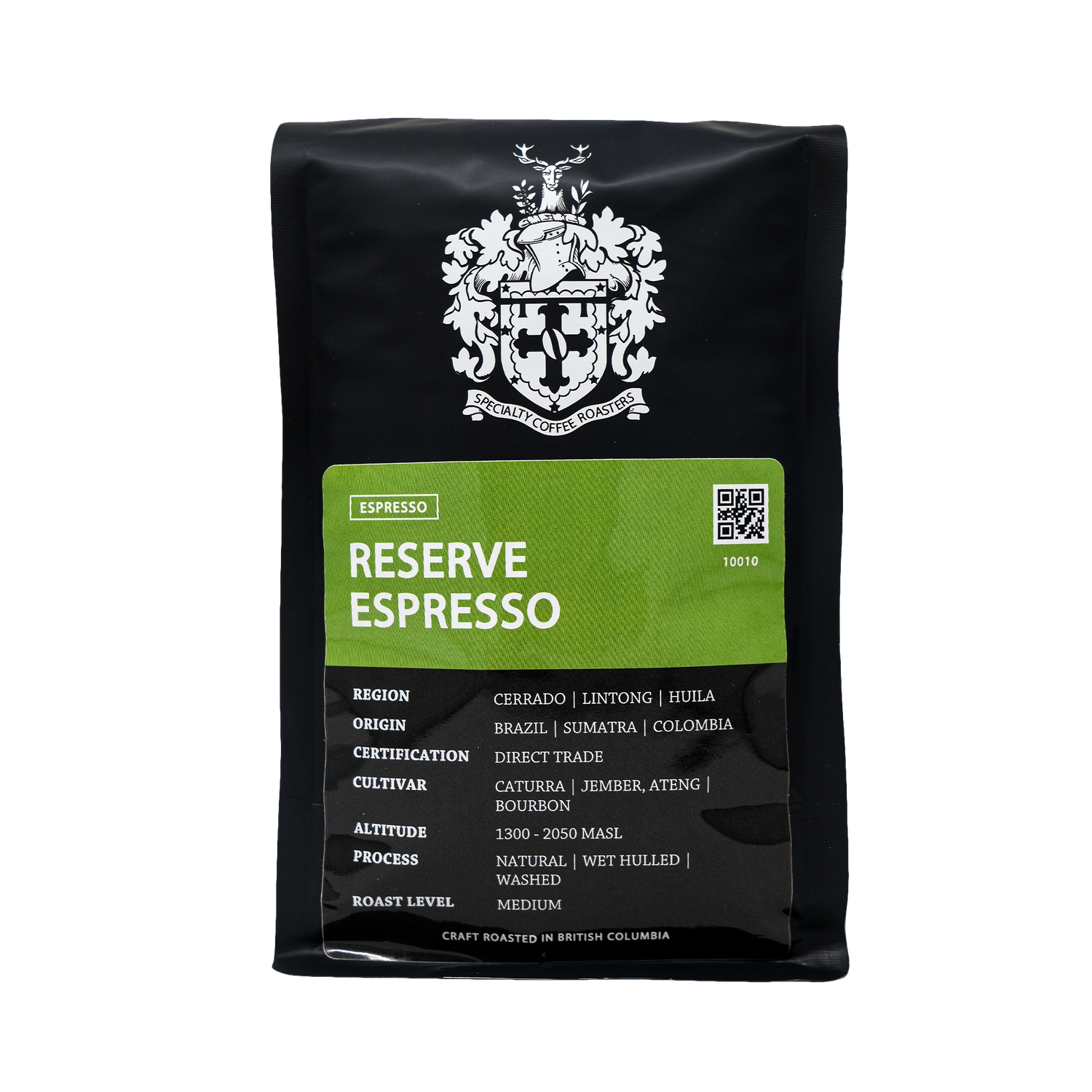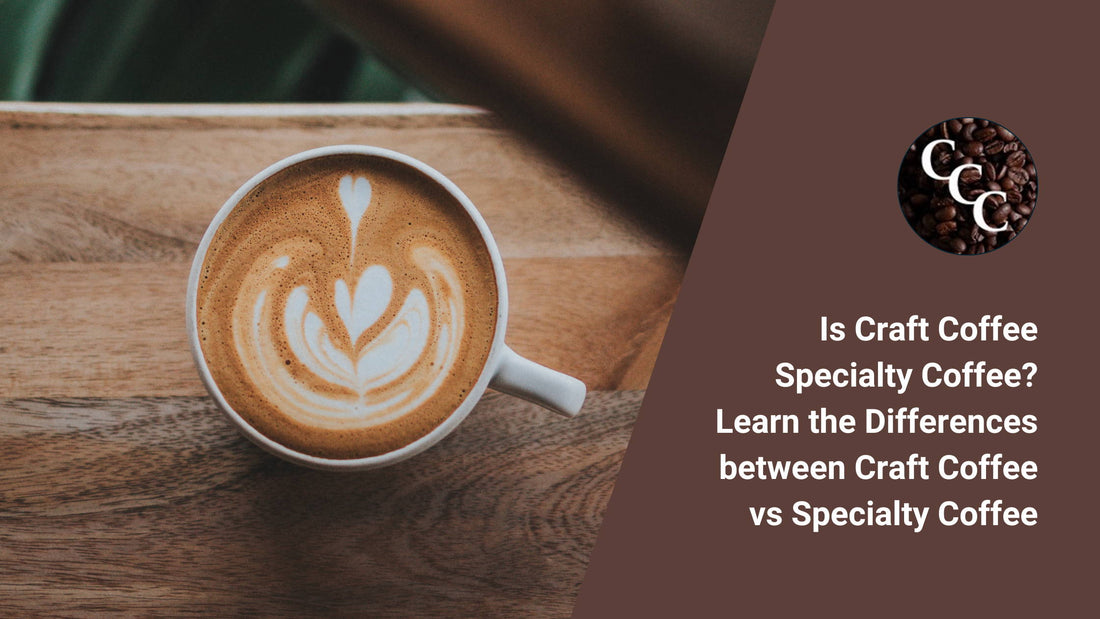In recent years, coffee culture has evolved significantly, giving rise to a variety of coffee terms that can sometimes be confusing. Among the most debated are "craft coffee" and "specialty coffee." Are they the same? What sets them apart? This article dives into the world of coffee to uncover the distinctions and commonalities between craft coffee and specialty coffee.
The sections in this article:
- What is Craft Coffee?
- What is Specialty Coffee?
- Key Differences Between Craft Coffee and Specialty Coffee
- Overlap Between Craft Coffee and Specialty Coffee
- Craft Coffee vs. Specialty Coffee: Which One is Better?
- The Future of Coffee: Blending Craft and Specialty
- Conclusion
- Craft Coffee vs Specialty Coffee FAQs




